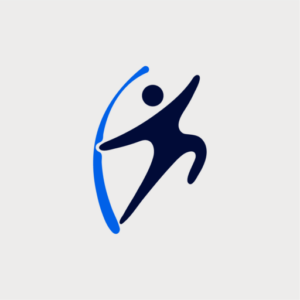On Friday afternoon, Jets head coach Todd Bowles told the media that star wide receiver Eric Decker would not suit up for Sunday’s game against the Seahawks due to a partial tear in his rotator cuff. “It’s something that kind of sucks at this point. It’s early in the season,” Decker said. “But that’s something that I’ve got to deal with.”
Both Decker and Bowles told the media that they are not sure how long he will be off the field and stated that he is “week to week” as they monitor this injury. Decker first suffered the injury against the Bills on September 15th but believed it was an AC Joint sprain and not his rotator cuff. However, studies later showed the partial tear in his rotator cuff. Despite the injury, Decker sounded like he fully intended to play again this season saying, “Of course, there’s going to be pain. Everyone plays with pain. This is a physical game. So I don’t expect myself to be 100% at some point. It’s just getting to where it’s manageable and…I can still play the same game that I need to play.”
Decker was not sure if the injury would require surgery and wanted to focus on rehab and physical therapy before exploring surgery.
For a wide receiver, the rotator cuff plays an integral part in both strength and mobility. From the snap, a receiver is going to need to use his shoulder to generate power to push off the defender and create separation. Once the ball is in the air, the rotator cuff allows the receiver to extend their arm outward, above the head or any position needed to make the catch. When the rotator cuff is damaged, pain will limit the mobility of the shoulder joint and therefore compromise all aspects of the receiver’s ability to create space and make receptions.
Partial tears of the rotator cuff tendon means fraying of the tendon where the fibers are partially torn just as a rope can be frayed. Initially these injuries can have significant pain and disability with the inability to fully elevate the arm. Typically with rehabilitation about 65-80% can recover and can be pain free with full motion and strength. For those that don’t recover a corticosteroid injection may be given that calms down inflammation and resolves pain though this relief is typically temporary. For those who have failed a course of therapy and have a more significant partial tear (>50% the thickness of the tendon) surgery may be indicated to repair the tendon. Most patients undergo surgery after at least 3 months of physical therapy but with a high level athlete, especially someone with a large partial tear, surgery may be performed in a shorter period of conservative treatment.
Dr. Charles Ruotolo is a renowned shoulder expert and the President of Total Orthopedics and Sports Medicine in Long Island. He has published several clinical papers on shoulder injuries in overhand athletes, including “Loss of Total Arc of Motion in Collegiate Baseball Players” and “Shoulder Pain and the Overhand Athlete“. Dr. Ruotolo and the team at Total Orthopedics and Sports Medicine are experts in treating athletes of all levels using a range of options from Physical Therapy to Arthroscopic Surgery. If you are experiencing shoulder pain, or any muscle or joint injury, contact us today to schedule an appointment in one of our 6 locations in Long Island, Manhattan and the Bronx.







 Website Design by
Website Design by